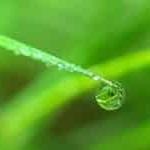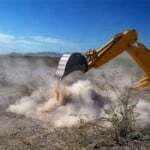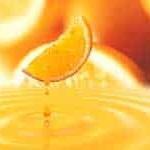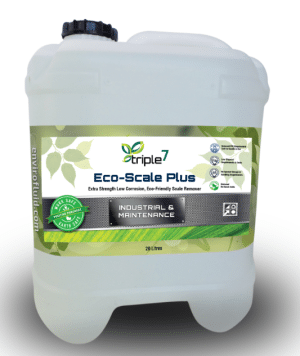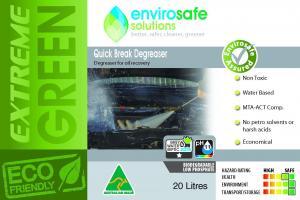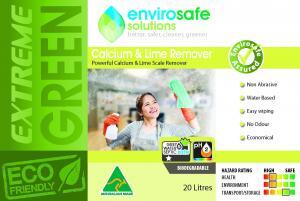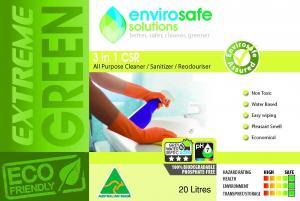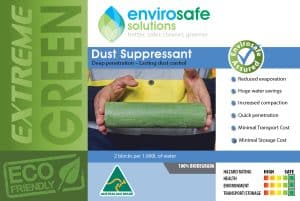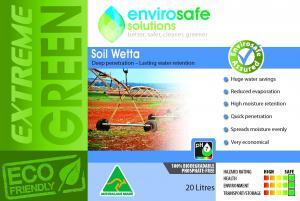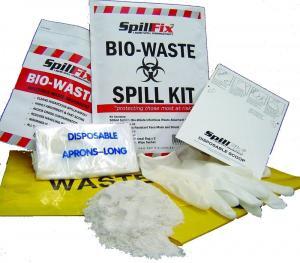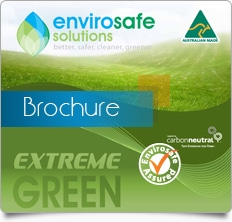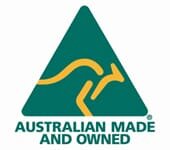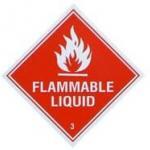 It’s difficult to imagine a world without solvents. They’re everywhere we look. We’ve got solvent chemicals to thank for degreasers, paint thinners, perfumes, nail polish removers and a vast array of commercial cleaning products.
It’s difficult to imagine a world without solvents. They’re everywhere we look. We’ve got solvent chemicals to thank for degreasers, paint thinners, perfumes, nail polish removers and a vast array of commercial cleaning products.
The most commonly used industrial solvents include turpentine, ethanol, acetone and ethyl acetate. Without venturing too deep into the chemistry, a solvent is essentially any liquid substance that is able to dissolve another substance, which is why these chemicals are so useful for cleaning and removing paint and grease. There’s a multibillion dollar global market for solvent-based products, and scarcely an industry on earth that doesn’t make use of them in some way.
Which brings us to the problem. While solvents are a crucial tool for so many industries, they’re also some of the nastiest and most dangerous chemicals around. The health risks associated with solvent exposure are well-documented. Research has linked solvents to nervous system toxicity, respiratory impairment, liver and kidney damage and various types of cancer. Furthermore, most industrial solvents are highly-flammable and must be used with extreme care. These chemicals contribute to countless accidents in the workplace each year. In short, solvents can spell very bad news for the people who have to work with them.[1]
Solvents don’t do our planet any favours either. They are a major cause of environmental damage, particularly soil contamination. Because solvent chemicals can migrate long distances, an accidental spill of even a small amount can affect large areas of land. A solvent spill can render soil highly dangerous to people and animals.[2]
Doesn’t sound very appealing, does it? Luckily for us – and luckily for the planet – we’re beginning to discover alternative solutions. Solvent-free products are emerging on the market, which perform the same function as traditional solvents without posing a threat to people and the environment. Research into these alternatives is gaining momentum, and we have every reason to be optimistic about a solvent-free future for Australia.
The importance of moving toward solvent-free alternatives cannot be understated. In the 21st century there is a universal need to break away from the hazardous and unsustainable materials of the past. Responsible businesses recognise this. Customers recognise it too, which is why green solutions are the smart business decision. Sticking with the dangerous pollutants of yesteryear will only turn people away.
Envirosafe Solutions strives to provide Australian industry with green options. We believe that a healthy business needs to do its bit for a healthy planet, and we are here to help make it happen. Start by embracing the possibilities of a Solvent-Free future.
[1] http://www.osha.gov/SLTC/solvents/index.html
[2] Hogan, Patmore, Latshaw and Seidman (1973). Computer modelling of pesticide transport in soil for five instrumented watersheds, ESL Inc., Sunnyvale, California









